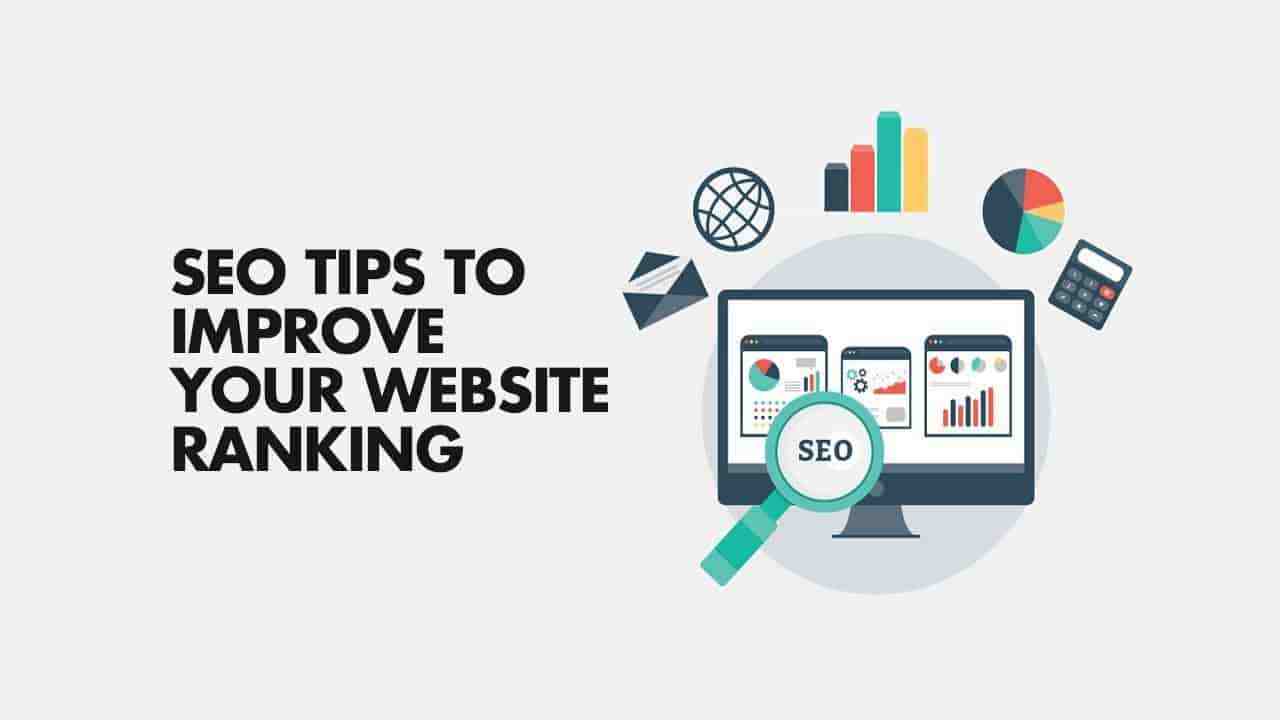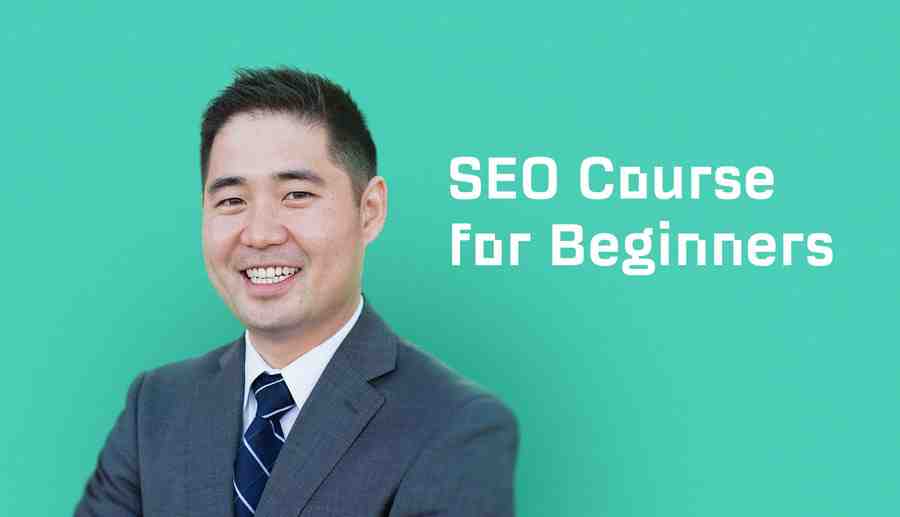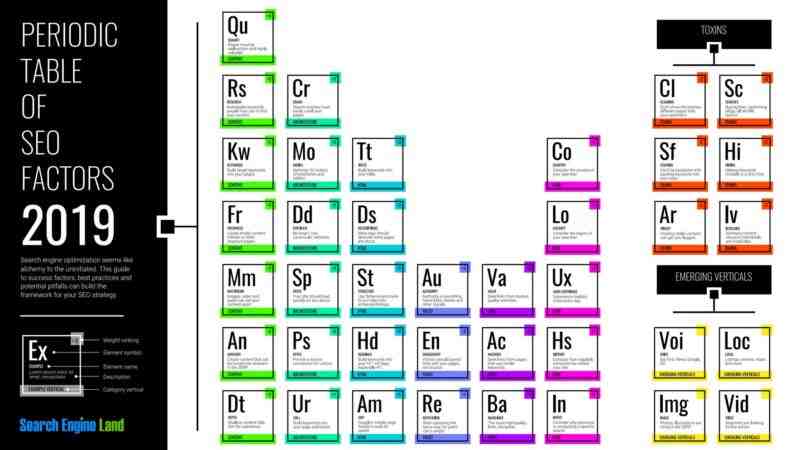Search engine optimization (SEO) promises many benefits, allowing you to increase traffic to your website, improve brand visibility, and set a course for long-term growth. But if you have no idea what you are doing and no real experience in the SEO world, is this strategy totally inaccessible to you?
The short answer is no! However, even if you have no idea how search engines work and no experience in creating content for SEO, there is a way forward to use this strategy in any way you want.
What is SEO?
Contents
- 1 What is SEO?
- 2 The Three Paths of SEO for Beginners
- 3 Learning the Basics of SEO
- 4 Finding the Right Partner for SEO Services
- 5 What to Look for When Shopping for SEO Providers
- 6 Who started SEO?
- 7 How do I interview for SEO?
- 8 Why is SEO hard?
- 9 Who can learn SEO?
- 10 What are SEO tools?

Just in case you are not familiar, let us cover SEO Basics. You probably already know that most people rely on search engines to answer their questions, search for new topics and gather information.
You can probably guess that most people click on the first or second result they generate from a particular search rather than scrolling through different pages. Search engine optimization is about increasing your likelihood that your websites will be ranked in one of these top slots.
You have to use a lot of individual tactics to rank higher in search engines. We’ll cover some of those in more detail later.
The Three Paths of SEO for Beginners

If you are a total beginner, there are essentially three ways to harness the power of SEO.
Learn and do it yourself
It may be a little intimidating at first, but you can learn the basics of SEO on your own. Most of the basics are easy to grasp, and there is an abundance of online content that you can use to learn new skills and get some initial practice.
Within a few hours you should understand the basics, and after a few months of practice, you can probably call yourself an expert. Of course, SEO can be difficult, and it is always very time consuming, but if you are patient and persistent, you can hypothetically do everything yourself.
Utilize third-party SEO services
You do not have to do it all yourself. You can also enlist the help of SEO services offered by agencies, freelancers or employees that you hire to build your own team.
This option is more expensive because you probably pay thousands of dollars a month for professional services. But you will save a lot of time, and you will have much more reliable results.
Establish a hybrid approach
The other option is to establish a sort of hybrid approach. You are still learning the basics of SEO and practicing standard techniques independently. However, you will also benefit from the power of third party services to strengthen your skills and compensate for any weaknesses you may have.
This is probably the most balanced approach and most commonly chosen by newcomers to the field.
Learning the Basics of SEO

It is impossible to summarize all SEO in a single article, much less a single section, but we present to you some of the basics here. The two primary considerations you need to consider when optimizing for search engines are relevance and reliability.
Google and other search engines want to prioritize the visibility of the content that they see as relevant to a search query and to recommend it reliably enough.
The relevance side of the equation is mainly attributable to keyword optimization.
Keyword optimization has evolved significantly over the years and is much more sophisticated than it ever was. Nevertheless, the basic idea that you need to create content is explicitly appropriate for search queries that you think your target audience will make.
For example, if you sell Pogo sticks, you need to write a lot of content on your site about Pogo sticks in order for you to point to Pogo stick related research. As a result, companies often spend significant time and money on keyword research to ensure they select the appropriate targets.
The trustworthiness side of the equation is based on a number of factors.
Google prioritizes technically polished and easily accessible websites, so it pays to make sure your website is fully functional and easy for users to use. Furthermore, you need to think about your “authority” score, which mainly depends on the quality and quantity of the links to your site.
Do Early Research and Strategizing — Then Break Actions into Three Components
Onsite technical optimization.
Onsite technical optimization is all about ensuring that your website loads correctly and efficiently. You also want to be sure to enhance the overall user experience.
Mobile optimization, faster loading times and clean coding can all help you here. Additionally, you need to make sure your site appears in the Google index – but if you use a mainstream website builder, many of these issues will be handled in your name.
Onsite content development.
Content is still the heart of SEO. Writing onsite content will help you establish the context of your site and improve its relevancy to user search queries. It is also a useful quality indicator that is used to evaluate the credibility to an extent.
As an added bonus, content is valuable for attracting new users and securing conversions, making it strategically useful even independently of SEO.
Offsite content and link building.
You also need to think about offset content and link building. Building a lot of links is great, but building high quality links is better. You also need to think about the appearance of your links, because unnatural links will earn you a penalty.
Finding the Right Partner for SEO Services

If you decide to work with a third party provider, either exclusively or as part of a hybrid model, you should know that it is essential to find the right partner for your needs. There are three main options to consider:
What to Look for When Shopping for SEO Providers

Timothy Carter
Chief Revenue Officer
Timothy Carter is the Chief Revenue Officer of Seattle Digital Marketing Agency SEO.co, DEV.co & amp; PPC.co. He has spent more than 20 years in the world of SEO and digital marketing building and scaling sales operations, helping companies increase revenue efficiency and lead the growth of websites and sales teams. When he’s not working, Tim enjoys playing a few rounds of disc golf, running, and spending time with his wife and family on the beach – preferably in Hawaii with a cup of Kona coffee. Follow him on Twitter @TimothyCarter
The average cost for project-based SEO services ranges from $ 1,000 to $ 1 million and up. Small businesses that use local SEO can spend around $ 1,000 per month per project. Larger companies at the enterprise level can expect to pay millions of dollars a month.
Who started SEO?
Search engine optimization (SEO) is very much about Google today. However, the practice we now know as SEO is actually ahead of the world popular search engine, co-founded by Larry Page and Sergey Brin.
Who is the father of SEO? The clear choice was Internet marketing veteran Bruce Clay. Fondly known to the search marketing industry as the founding father of SEO, Bruce received the Lifetime Achievement Award of Excellence in Vision, Execution and Market Influence in the Practice of Search Marketing.
Where did SEO come from?
SEO Is a Millennial In 1993, Excite revolutionized the way information was categorized, and in 1994, Alta Vista, Yahoo, and others came on the scene. However, in 1996, SEO really started when Sergey Brin and Larry Page started building what will be the largest, most recognized search engine to date: BackRub.
Is SEO Chinese?
Seo is a family name commonly found in the United States among its Chinese community. It is the transliteration of a Chinese surname which means: slow, gentle.
When did SEO originate?
SEO’s Beginning The first recorded use of the acronym “SEO” dates back to 1997. So, it seems like we’ve been using the term for over 22 years as of this writing. Of course, this is actually before the creation of Google and many of the other search engines on which we depend today.
When did SEO first start?
SEO’s Beginning The first recorded use of the acronym “SEO” dates back to 1997. So, it seems like we’ve been using the term for over 22 years as of this writing. Of course, this is actually before the creation of Google and many of the other search engines on which we depend today.
Will SEO exist in 5 years?
SEO will not be eliminated in the next five years as social media and search engines are more than likely merging. Facebook has already started doing this: they have over 1.5 billion searches on average every day. Twitter did the same; are in partnership with Google.
When was SEO first used?
While it may be argued that SEO and all that of search engine marketing began with the launch of the first website published in 1991, or perhaps when the first web search engine was launched, the history of SEO â € œofficialâ € begins a little later un, ëm 1997.
Who invented SEO?
While SEO was previously Google, the rise of this search engine Juggernaut started by Larry Page and Sergey Brin dominated SEO attention for almost 20 years.
How do I interview for SEO?
Best interview questions to ask SEO candidates
- Tell something about yourself. …
- Tell me about your greatest success at your last job. …
- Why SEO? …
- Tell me about your personal projects, websites, blog, side hustle, conferences, etc.
Why should we hire you for SEO? It benefits you to have SEO professionals working on your site as they have the knowledge and expertise to help you create the best campaign. Your campaign brings better results for your business because you have experts who know how to optimize to improve your campaign.
Why is SEO hard?
To sum it up, SEO is difficult because search engines are constantly changing and updating. It could be anything from Google changing the way it looks to a certain type of link, including a new major update to its algorithm, or even recognizing something new as a ranking factor.
Is SEO hard to do? SEO is simply not as difficult as people imagine it to be; You can get 95% of the effort with 5% of the work, and you absolutely do not need to hire a professional SEO to do it, nor will it be difficult to start ranking for well-chosen keywords.
Is SEO a Waste of Time?
Focusing on SEO to increase your traffic at the expense of real relationships with your audience is a waste of time. Worse, you will never know what SEO mistakes you are making unless you get some basic SEO skills. You can be penalized for building keyword stuff or bad backlinks.
Is SEO worth it 2020?
The short answer is SEO is very effective – not only for generating traffic but also leads and sales. Do not worry. The long answer includes research and data, not just empty statements. Most SEOs get caught up too much in search-specific metrics like SERPs (search engine results page), rankings and organic traffic.
Is SEO useless?
â € œSEO contests are pretty useless. SEO contests never reflect real life performance, they generate a ton of spam that negatively affects the entire ecosystem, they are a huge waste of time & effort. The smart approach to SEO contests is to ignore them.â €
Is SEO still relevant in 2022?
Will SEO still be relevant in 2022? Yes of course. Although some SEO tactics that have been effective in the past have stopped working, SEO has continued to evolve. Constantly reinventing to try to better fit users’ intentions, cutting out spammy, ineffective tactics to get better.
Can You Learn SEO by yourself?
There is no better resource I have found as a starting point for learning SEO than the Beginner’s Guide to SEO from Moz. It’s free, and it’s starting to answer most basic questions like “What is SEO?” Read the entire guide once and you know more than the people who send you this spam SEO email every day.
Can you do SEO yourself?
You can absolutely do SEO yourself or DIY SEO (Do It Yourself SEO). With some research and a lot of practice, anyone can learn how to do SEO for their business. A quick way to get started with SEO is to enter your URL here and then focus your SEO efforts on the recommended action articles.
How long will it take to learn SEO?
If you can learn SEO for a few hours every day, then you can master the basics of SEO within 4-8 weeks and land your first SEO job in 3-6 months. If you can learn SEO full time, then you can also master the basics within 1-2 weeks.
Is SEO easy?
Learning SEO is difficult because there is so much information to read about search engines and how the optimization process works, and this can be overwhelming at first.
How much time it will take to learn SEO?
If you can learn SEO for a few hours every day, then you can master the basics of SEO within 4-8 weeks and land your first SEO job in 3-6 months. If you can learn SEO full time, then you can also master the basics within 1-2 weeks.
Can I do SEO by myself?
If you were wondering, “Can I do SEO myself?” The answer is definite. You do not need to hire an outside agency to improve your SEO, and this guide will give you some basic SEO tips to get you started.
Who can learn SEO?
They start with basic knowledge and learn the basics of SEO in an hour or two. These individuals can become experts in just a few months if they practice regularly on their websites. So, even if you need a long time to learn SEO, remember that the results are worth it. Almost anyone can learn the skill of SEO.
Can I teach myself SEO? There is no better resource I have found as a starting point for learning SEO than the Beginner’s Guide to SEO from Moz. It’s free, and it’s starting to answer most basic questions like “What is SEO?” Read the entire guide once and you know more than the people who send you this spam SEO email every day.
Is SEO easy to learn?
The answer is simple. Learning SEO is difficult because there is so much information to read about search engines and how the optimization process works, and this can be overwhelming at first.
How long will it take to learn SEO?
If you can learn SEO for a few hours every day, then you can master the basics of SEO within 4-8 weeks and land your first SEO job in 3-6 months. If you can learn SEO full time, then you can also master the basics within 1-2 weeks.
What are SEO tools?
SEO tools examine the potential of websites for high ranking on search engine ranking pages. They provide information about backlinks and keywords as well as insights into SEO competition on the internet.
What is SEO and how does it work? Well, SEO stands for ‘Search Engine Optimization’, which is the process of getting traffic from free, organic, editorial or natural search results in search engines. It aims to improve your website position on search results pages. Remember, the higher the website is listed, the more people will see it.
